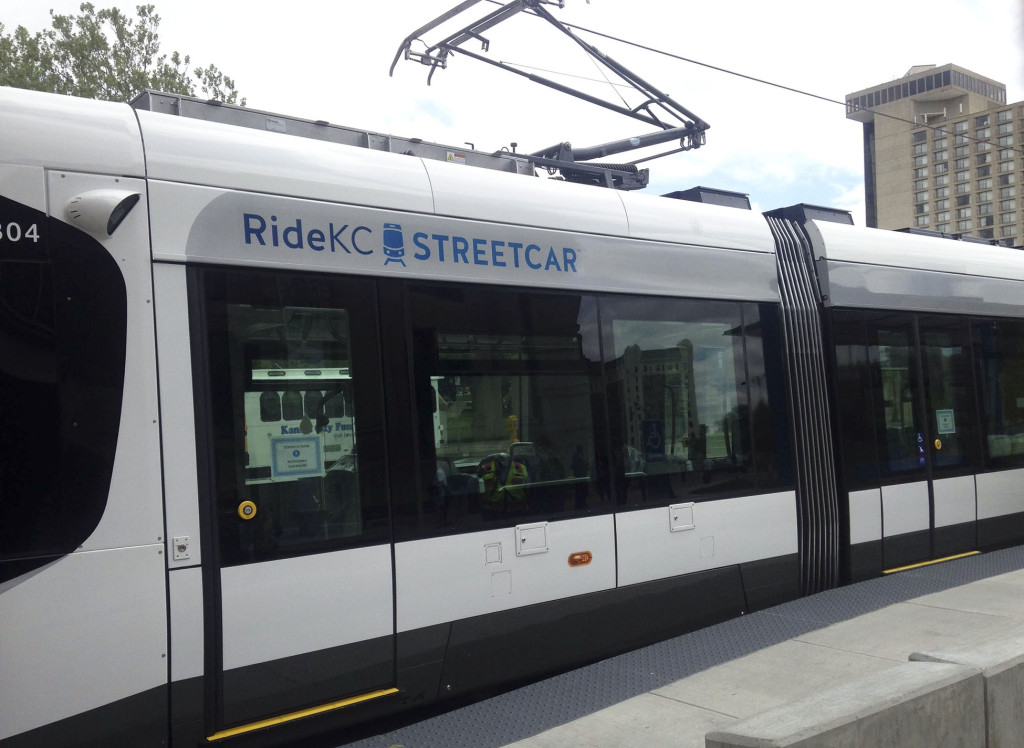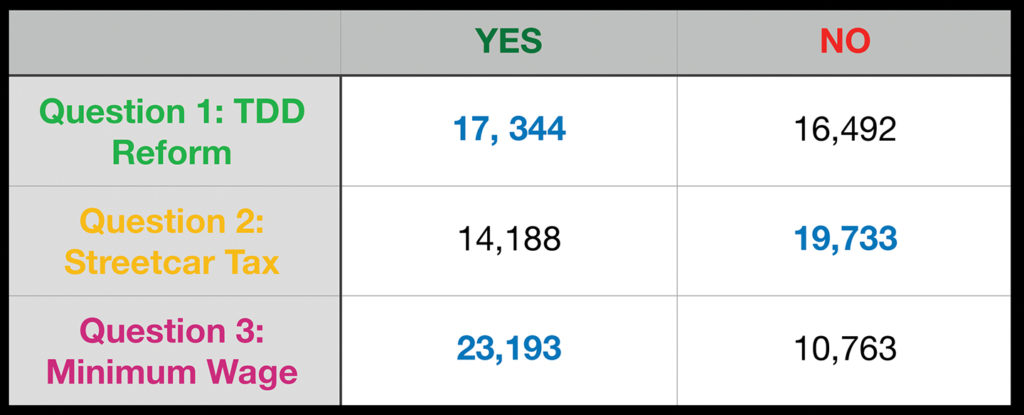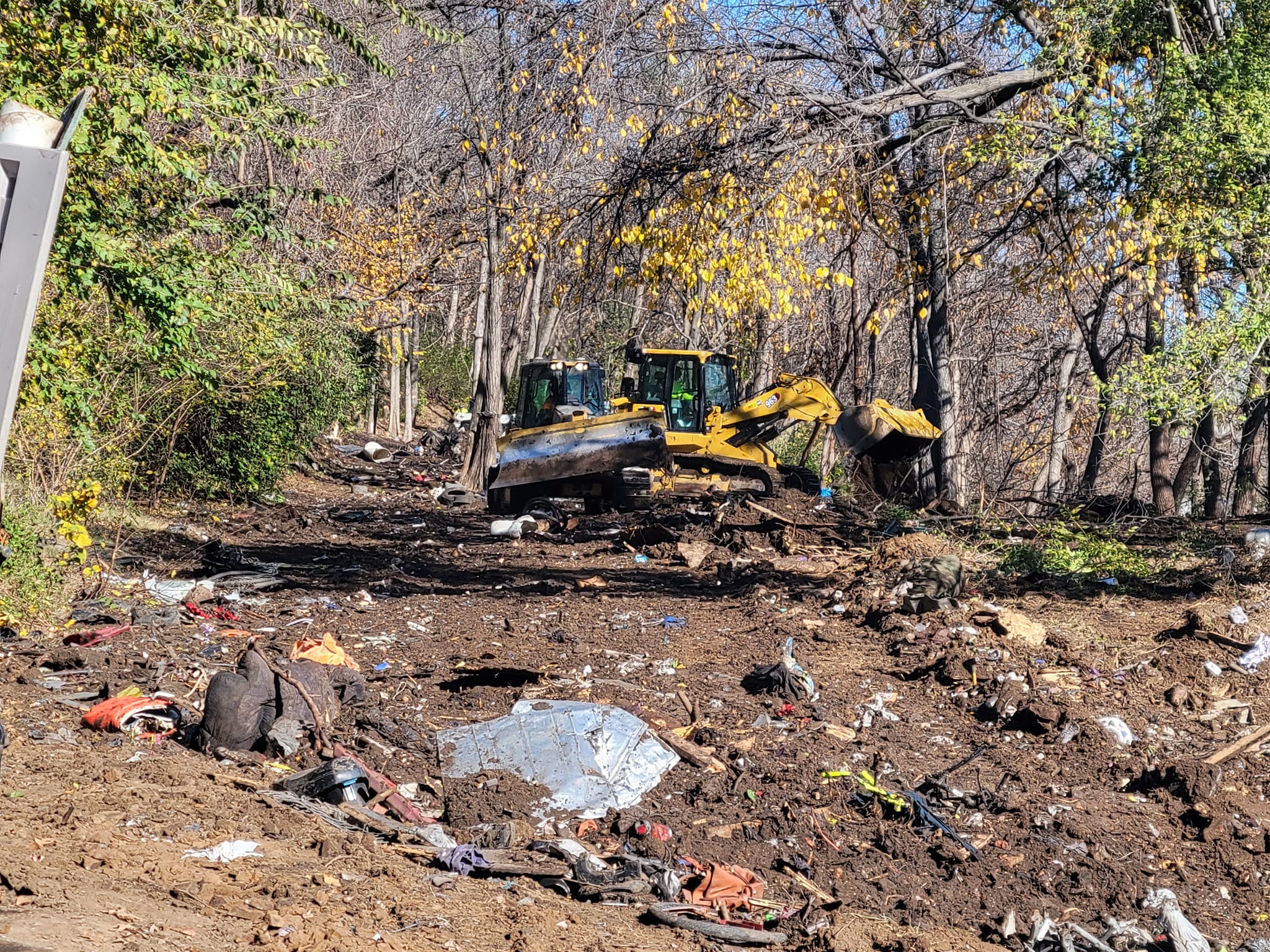By Paul Thompson
Northeast News
Kansas City, Missouri residents turned out for higher wages and more oversight over the streetcar extension process during Missouri’s August 8 primary election.
Nearly 34,000 KCMO voters turned out to cast their ballots, resulting in the overwhelming approval of a citywide minimum wage and new checks on future streetcar construction, while simultaneously voting down two new sales taxes that would finance a streetcar extension and potential light rail systems.
Question 1, an initiative petition which asked voters to prohibit the City of Kansas City from planning for or constructing an expansion of the streetcar system (or any other fixed rail transit system) without first earning the approval of KCMO voters, was approved by a margin of 852 votes. The measure earned 17,344 yes votes against 16,492 no votes, passing with 51% approval.
Question 2 considered two streetcar sales taxes; a 25-year, 1/8 cent sales tax and a 25-year, 1/4 cent sales tax, which both would have begun on January 1, 2018. Question 2 was rejected by 58% of voters, as 19,733 ballots were cast against the measure while 14,188 were cast in favor. The dual sales taxes would have financed the construction, maintenance and operation of “one or more extensions to the streetcar system,” while also potentially paying for a fleet of electric buses and a more expansive light rail system that could have connected Kansas City International Airport to the Kansas City Zoo, the Country Club Plaza and more regional hubs.
Question 3 asked KCMO voters to approve an increase of the municipal minimum wage from $7.70 per hour to $10 per hour on August 24, 2017, with additional annual increases of $1.25 per hour until the minimum wage reaches $15 per hour in 2022. The minimum wage question was passed overwhelmingly, as 68% of ballots cast approved the measure. In total, 23,193 voters approved Question 3, while just 10,763 opposed.
Despite the overwhelming margin, the future of the minimum wage measure remains murky. The Missouri legislature passed a law earlier this year that prohibits states from setting a higher minimum wage than the state, and Governor Eric Greitens indicated last month that he would not block the legislation.



















